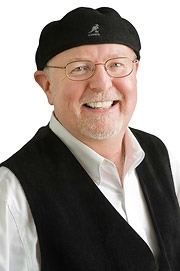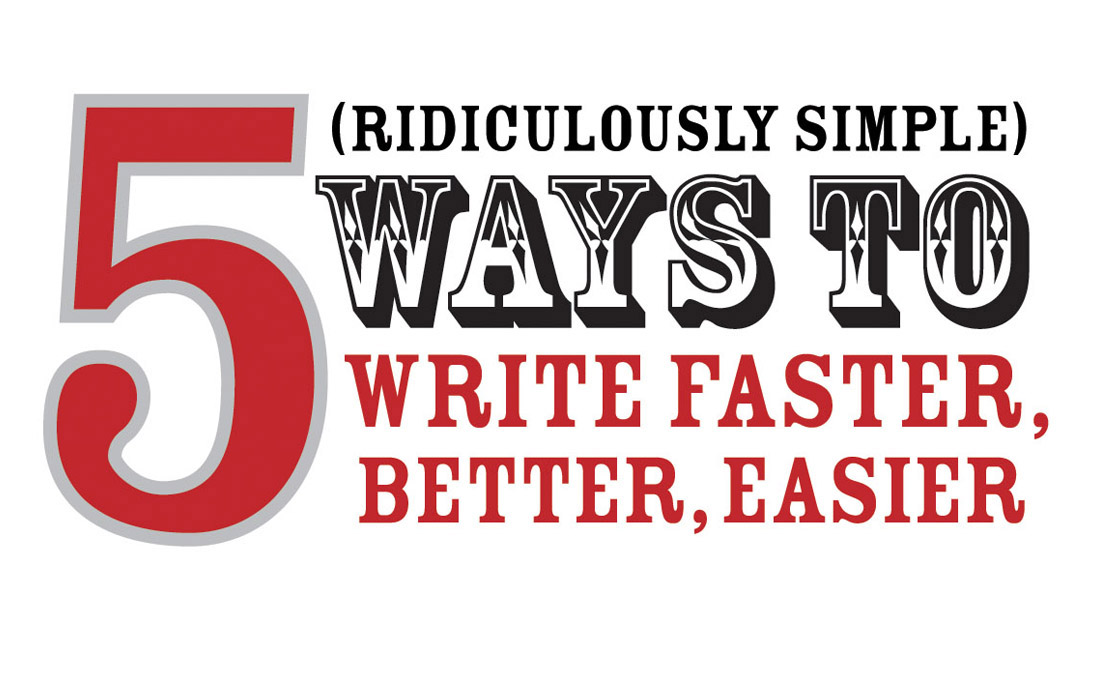7 Books to Help You and Your Organization Become Better Storytellers
 Wednesday, May 6, 2009 at 08:00AM
Wednesday, May 6, 2009 at 08:00AM As I was recently rearranging my “ridiculously-way-over-stuffed-I-need-to-straighten-this-thing-out” bookshelf, I noticed over a dozen books scattered about; books on story, personal storytelling and organizational storytelling.
Instead of putting them back where they belonged, I made a tall pile on the floor. And then I just sat there staring at the pile.
I reflected on how much these amazing authors have helped me understand the journey of storytelling not only from a personal point of view, but especially from a business perspective.
Then the idea hit me: I should share these titles.
There are 14 book in total. The book list will be in two parts; below is the first half. The next batch will be in the next post.
The beauty of this list is that each book is entirely different from the next, proving the theory that “story” is an extremely fluid word meaning so many things to so many people.
Each one is fabulous; explore them all and see which ones you feel attracted to.
You just might see yourself or your organization in a new way.
I know I did.
7 Books to Help You and Your Organization Become Better Storytellers
1. A Whole New Mind: Moving from the Information Age to the Conceptual Age
2. Made to Stick: Why Some Ideas Survive and Others Die
3. The Seven Slide Solution: Telling Your Business Story Effectively in Seven Slides or Less
4. Tell Me About Yourself: Storytelling to Get Jobs and Propel Your Career
5. Presenting to Win: The Art of Telling Your Story
6. The Secret Language of Leadership: How Leaders Inspire Action Through Narrative
7. The Elements of Persuasion: Use Storytelling to Pitch Better, Sell Faster & Win More Business
Do you have your favorite books on story? Add them in the comments. Part two will be coming out with seven more books; 14 in total.
---Tom
 7 Books to Help You and Your Organization Become Better Storytellers
7 Books to Help You and Your Organization Become Better Storytellers





